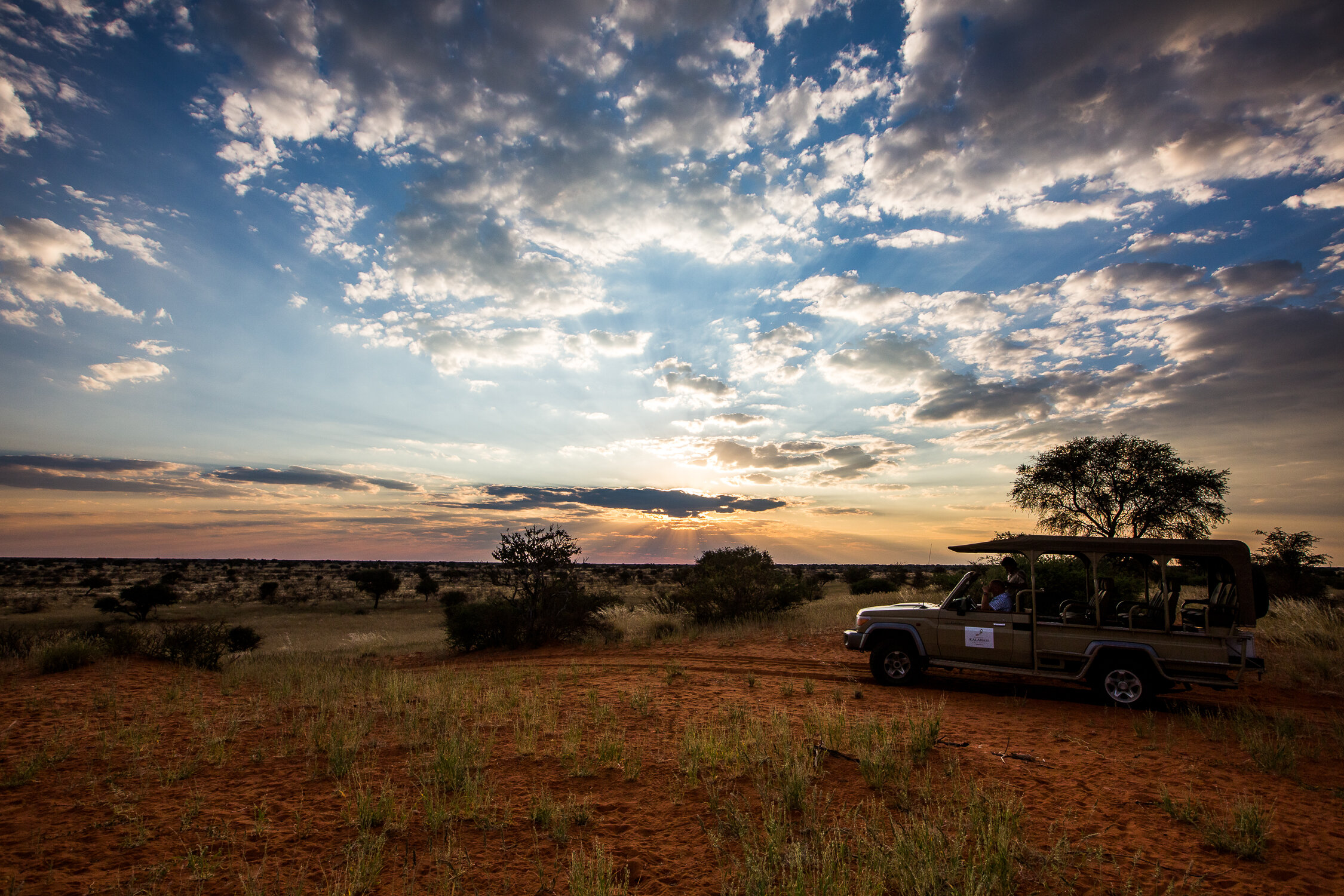Sustainability at Gondwana
Written by Daryll Williams
“We want to actively build Namibia’s future, not only having sustainability at heart, but also the people of our country and their well-being. We passionately believe tourism can change the future of our beautiful country but for that to happen, the benefits must be shared inclusively, from shareholder level to the communities where we operate.” – Gys Joubert, Gondwana MD.
Since their inception in 1995, Gondwana Collection Namibia’s particular brand of sustainable hospitality has been fiercely advocating for and promoting nature conservation and social commitment across the country. Today, their successes have created an ethos of sustainability, enabled by their continued expansion and growing employment base, all while enabling them to become even more involved in social engagement.
Sustainability as philosophy
Across 3 nature reserves, which protect a total of 120.000 ha of land in Gondwana Canyon Park alone, Gondwana serves as a great source of employment and income for local residents. Their comprehensive efforts and standard of sustainability in terms of operations, environmental consciousness and social responsibility have also been acknowledged through several awards like the Responsible Tourism Award (RTA) in 2018 and the Namibia Sustainable Development Award in 2017.
In 2020, a Gondwana Collection Namibia property reached the final round of the Responsible Tourism Awards (RTA) for the 5th straight year and won the award for the 2nd time overall. Canyon Village scooped the prestigious award in the Accommodation Establishment category.
In 2022, their sustainability efforts were acknowledged once more with the highest seal of quality awarded by the environmental initiative Eco Awards, when 17 of their properties held a five-flower rating at the same time. Categories included conservation and guiding, energy, water, legal compliance, as well as staff management and health, among others.
Today, their sustainability efforts include the following initiatives:
Solar energy plants at the majority of their lodges.
Sparing use of precious water – most of the lodges are equipped with wastewater recycling systems, reusable water bottles, and water fountains.
Responsible waste management to minimise non-recyclable materials.
Sustainable construction methods used for all new lodges built in Namibia.
Staff development with the Gondwana Training Academy.
Self-sustaining supply of organic meat and fresh veggies.
Cooperation with conservancies and communities.
The Gondwana Care Trust
Officially established in May 2017, the sole purpose of the Gondwana Care Trust is to empower and encourage. By supporting various projects in different areas of the country, the focus is to create longevity and ensure that these projects become sustainable operations by offering guidance and mentorship and offering assistance through donations. All trustees also serve free of charge, to ensure that as much funding can be dedicated to projects without being limited by operational and administrative constraints.
Green at heart
Gondwana Collection Namibia’s lodges and camps can be found in 11 locations, including: the Kalahari Desert, Fish River Canyon, Klein-Aus Vista, Sossusvlei area, Swakopmund, Damaraland, Kaokoland, Etosha National Park, Okavango, Zambezi and Caprivi.
If you are looking for a certified sustainable travel experience in Namibia, any one of the Gondwana Collection’s lodges will do. Why not try a stay at Namib Desert Lodge, The Desert Grace, Etosha King Nehale or Canyon Lodge? With 43 properties distributed across the country’s most iconic locations, you’re bound to find something that caters to your needs and exceed your expectations, time and time again…
Want to see for yourself? Just head over to Viatu to enquire.




